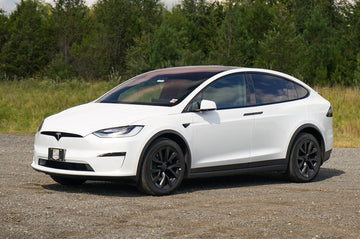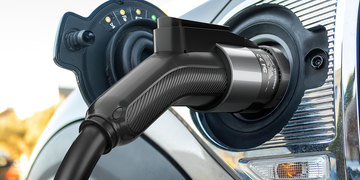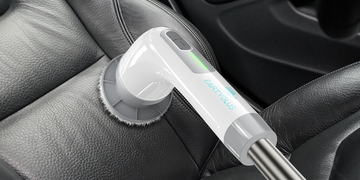The leader in electric vehicle (EV) charging. Telgeoot offers the most public fast charging stations in the U.S., plus home and commercial products.
Are All Electric Car Chargers the Same? Exploring the Differences in Charging Stations, As electric vehicles (EVs) continue to gain popularity, the infrastructure supporting them has become increasingly important. One crucial component of this infrastructure is the electric car charger. However, a common misconception exists that all electric car chargers are the same. In reality, there are significant differences among charging stations, ranging from charging speed to compatibility. This article will delve into the various types of electric car chargers and their distinctions.
Levels of Charging:
Electric car chargers are categorized into different levels based on the power they provide and, consequently, the speed at which they charge the vehicle. The three primary levels are Level 1, Level 2, and DC Fast Charging.
Level 1 Chargers:
These chargers use a standard household outlet (120 volts) and are typically the slowest. They are suitable for overnight charging at home but may not be practical for quick top-ups during the day.
Level 2 Chargers:
These chargers use a higher voltage (240 volts) and can provide a faster charging speed. Level 2 chargers are commonly found in public charging stations and are suitable for both residential and commercial use.
DC Fast Charging:
This is the fastest charging option and is often found along highways for long-distance travel. DC Fast Chargers can replenish a significant portion of an EV's battery in a short time, making them ideal for on-the-go charging.

Connector Types:
Electric vehicles use different types of connectors for charging. The two most common standards are the J1772 connector for AC charging and the CCS (Combined Charging System) for DC fast charging. Tesla has its proprietary connector but also provides adapters for compatibility with other standards.
Charging Networks:
Various charging networks operate globally, each with its own set of charging stations. Prominent networks include Tesla Supercharger, ChargePoint, EVgo, and Electrify America. It's crucial for EV owners to be aware of the networks available in their region to ensure compatibility with their vehicle.
Charging Speeds:
Even within the same level of charging, different chargers may offer varying speeds. Level 2 chargers, for example, can range from 3.3 kW to 19.2 kW. DC Fast Chargers can provide power ranging from 50 kW to well over 350 kW. Faster charging speeds are crucial for minimizing downtime during long trips.
Smart Charging Features:
Some modern electric car chargers come equipped with smart features, allowing users to monitor and control charging remotely through mobile apps. These features can include scheduling charging times, tracking charging history, and receiving notifications about charging status.
Are All Electric Car Chargers the Same? In conclusion, not all electric car chargers are the same. The charging infrastructure for electric vehicles is diverse, with variations in charging levels, connector types, charging networks, speeds, and smart features. Understanding these differences is essential for EV owners to make informed decisions about where and how they charge their vehicles. As the electric vehicle market continues to grow, advancements in charging technology will likely bring even more diversity to the charging landscape.





